This is an audio transcript of the Behind the Money podcast episode: ‘Private equity’s experiment with worker ownership’
Michela Tindera
Private equity has long held a reputation for being ruthless. A no-holds-barred industry.
Antoine Gara
These were very scrappy, mercenary dealmakers. And with their really iconic investments of that era, like RJR Nabisco, they had no real compulsion about breaking up a company and selling off different parts, which really struck a nerve in the mainstream of America.
Michela Tindera
My colleague Antoine Gara says that in the 1980s, the private equity industry relied on deals that use lots of debt. That kind of strategy often led to collateral damage for workers, while PE executives took home massive windfalls.
Antoine Gara
In the mid-1980s, the private equity firm KKR did a leveraged buyout of grocery store chain Safeway. And they used a very small sliver of equity to buy what was one of America’s biggest companies. And after they acquired the supermarket, the company went through brutal lay-offs and salary cuts, and it became hugely controversial.
Michela Tindera
But now a new strategy is gaining some ground that has some firms deciding to share a bit of that wealth with their workers. But why are firms doing this and what’s in it for them?
[MUSIC PLAYING]
I’m Michela Tindera from the Financial Times. Today on Behind the Money, how private equity realised playing nice could be good for business.
[MUSIC PLAYING]
This particular attempt by private equity to have a softer image begins with a guy named Pete.
Pete Stavros
I’m Pete Stavros, co-head of global private equity at KKR.
Michela Tindera
About 15 years ago, Pete took over running KKR as investments in the industrial sector. That’s like manufacturing businesses. And in that role, he noticed a problem.
Pete Stavros
In manufacturing, you often come up against the following situation: the workforce, they tend to not like their jobs but at the same time are responsible for much of your success or failure as a company because they are determining the quality of the product, whether the product is delivered on time, things that determine your efficiency as a manufacturer.
Michela Tindera
So Pete started to think about how he could get workers from different kinds of industries more motivated.
Pete Stavros
That led to experimenting with: are there different ways to engage with all colleagues, not just the senior folks, but could you engage with the entirety of a workforce, get them more engaged on the job, get them less likely to quit and have the company benefit as well? So could you come up with a programme that was both good for workers and good for companies?
Michela Tindera
Pete found what he believes is a way to solve this problem. Let me explain. Take, for example, one company called GeoStabilization International or GSI for short. KKR invested in the company in 2018.
Pete Stavros
Geo Stabilisation at one point had a 50 per cent worker turnover rate.
Michela Tindera
Now, GSI is an interesting company. It basically works on preventing landslides from happening or cleaning up after them if they do.
Pete Stavros
It’s hard work. People sometimes have to be away from home for weeks at a time because it’s an emergency and they have to stay until it’s done. That’s tough. And if you’re not an owner and you don’t really have much of an incentive, you know, maybe you find something easier.
Michela Tindera
And this is where Pete’s strategy comes into play. To encourage workers to stay, KKR offers GSI’s employees equity in the business as part of their compensation. And Pete says that more employees started to stick around despite the tough work.
Pete Stavros
Once you have, you know, more information being shared with you about the business and where we’re headed and why we’re headed there and how you can help — and by the way, you’re going to participate in all the value that you’re helping to create — that quit rate went from 50 per cent to 17 per cent.
Michela Tindera
Flash forward to today, and many of GSI’s employees are recipients of a sizeable payday. In September, KKR announced that it was going to be selling GSI. The sale meant a $1bn payout and $75mn of that was going to the company’s blue-collar employees. That meant that a lot of GSI employees would be receiving six-figure sums. For many of these employees, this is life-changing money. It’s the chance to put a down payment on a house or to set themselves up for early retirement. And for Pete, it’s been good for KKR, too.
Pete Stavros
We made five times our money. There aren’t a lot of five X returns in private equity period, but certainly not being exited right now. You know, you can unleash a lot of growth when you suddenly stop losing half your workforce every year. And so when we look at our performance in the deals where we’ve done this, not only has it been the right thing to do and allowed us to deliver wealth for workers and have more engaged people who are happier on the job, less likely to quit, but also deliver better investment outcomes and build stronger companies.
Michela Tindera
They’ve implemented this employee ownership programme in about 50 KKR portfolio companies and they’ve exited about 10. In that process, they say they’ve generated more than $1.6bn for workers. While this idea of employee ownership got its start at KKR, my colleague Antoine Gara, whom you heard at the beginning of the episode, says that it’s picked up some traction among other big firms, too.
Antoine Gara
The industry itself has sort of begun to really adopt this, and it’s really moving ever more into the mainstream.
Michela Tindera
Pete Stavros from KKR started a non-profit called Ownership Works. That group’s brought other PE firms on board to evangelise this idea of employee ownership and equity.
Antoine Gara
In a lot of the largest private equity firms in the industry — you know, from Apollo to Advent — have become supporters of ownership works. And then there are other firms that are doing it their own way. So Blackstone is not a part of ownership works, but it’s starting to implement, you know, very broad-based equity awards across all of the large companies it buys in the US.
Michela Tindera
So KKR, one of the firms that pioneered private equity’s tough image, is charting a new path, and it seems to be catching on among other major firms.
[MUSIC PLAYING]
Coming up, we’ll take a closer look at why this strategy’s expansion is happening at an opportune time for the industry.
[SWAMP NOTES PODCAST TRAILER PLAYING]
Michela Tindera
It’s important to note that while KKR has been building out this employee ownership programme, private equity on the whole has been undergoing a lot of changes. Antoine says those heavily leveraged buyouts of the 1980s and 90s are mostly a thing of the past.
Antoine Gara
I mean, back in the 1980s, it seems like there was just a lot more low-hanging fruit for your average private equity investor. The secret sauce hadn’t really gotten out and markets weren’t so efficient.
Michela Tindera
After the financial crisis, the way private equity structured deals shifted.
Antoine Gara
Post-crisis, it’s been much greater amounts of equity, lower ratios of leverage. In an investment case, that’s much more oriented around growing a business.
Michela Tindera
The equity programme that KKR is offering plays into this idea of business-building that’s now become a key part of PE’s general strategy.
Antoine Gara
Now, when you’re doing a buyout, you know, they own companies for five to 10 years and most of the time they’re thinking, how can I double a company’s size? And so they’re much more into business-building now, either using a business to acquire other businesses or figuring out how to grow different business lines or push businesses into new markets all over the world.
Michela Tindera
But PE firms haven’t only had to change the way they do buyouts in recent years. They’ve also had to change how they present themselves to the world.
Antoine Gara
Private equity has sort of, you know, morphed from people focused on, you know, deal-by-deal basis to where is their firm going, you know, on a much longer arc of time and how can they continue to build even more broadly into the fabric of the financial system. These firms have grown into large, mainstream financial institutions. They are every bit as powerful as like the largest banks in America now, if not, at times, more powerful.
Michela Tindera
Strategies like offering equity to employees can play a role in softening PE’s image to regulators and lawmakers.
Antoine Gara
They can go to Washington when these deals work out and they can say, here are, you know, tens of thousands of happy employees in your state or in your industry. They believe in what we’re doing and that really helps you when, you know, Washington is not a place that can be very friendly to private equity oftentimes.
Michela Tindera
And there is another factor. Business for PE hasn’t exactly been thriving in recent years. Ever since 2022, when interest rates started going up, PE markets have been in a tough place.
Antoine Gara
I personally think it’s a test that’s not that far off from what they faced during the financial crisis. They are managing balance sheets that . . . the financing costs have increased substantially. And they’ve also not been able to sell many companies either to other private equity firms or to corporations or taking them public. So investors in private equity funds have not gotten a lot of money back and have seen, you know, almost like a historically bad run of cash coming back to them. And it’s come at a time when the public market just keeps going up and up and up. It’s sort of almost a slow-motion crisis, you know, that gets kind of worse and worse year by year.
Michela Tindera
So if private equity is looking at some tough years ahead, then there’s a business case for rewarding workers. Motivated workers can help a company perform better and boost its value, which is good for the private equity firms that own them. Plus, it doesn’t actually cost the PE firms any cash.
Antoine Gara
The other interesting component of these employee awards is it’s either given as a restricted stock unit or some form of option, which really has no cash value at the very beginning.
Michela Tindera
Yeah, when they buy the business, they’re handing employees just like a piece of paper that says: we’ll pay you later.
Antoine Gara
Right. Yeah. So in the case of someone like a GSI, you know, their annual salary, let’s say, it would have been $80,000 a year or something like that. By giving the contract, and this was done in the format of an option, you know, your typical employee was making a payout. You know, if you worked there for three years of $110,000. So that’s a sum of money that the business wouldn’t have been able to afford on an annual basis or even on a three- or four-year rolling basis. But, you know, as the whole deal was paying out very profitably also for KKR and its investors, that $100,000, you know, across the employees who worked three years longer, that didn’t feel painful to KKR or its investors.
[MUSIC PLAYING]
Michela Tindera
Of course, workers only get these payouts if deals work out, and that’s not guaranteed.
Antoine Gara
You know, if a company goes bankrupt, those employees who got the RSU or the equity award or the option, they’re not going to see any money from it.
Michela Tindera
Pete acknowledges this reality, too. I asked him how KKR would handle that kind of a situation.
Pete Stavros
It hasn’t happened yet, but it will happen. You know, we invest in lots of companies. I mentioned we’ve got 50 live examples of this and it’s not going to be 50 out of 50 that are home-run investments. It’s just not the way the world works. So that will happen. It hasn’t happened yet. We’re always very upfront and honest with people. This is free to you. You’re not paying for it. It’s not a trade-off for wages or benefits, but it’s also not a guarantee. We have to perform. We got to do our jobs. And if we do, you’ll participate.
Michela Tindera
For his part, Antoine wonders how valuable the strategy will be for private equity’s investors.
Antoine Gara
What I’ll be interested to see is, are the companies with the broad equity awards, do they wind up performing as better investments through this tough period than the companies that don’t have it because the incentives were aligned better and so on? But I’ll be interested to see the sort of cohort analysis from firms like KKR. How did firms with equity awards perform as investments versus those that didn’t have them?
Michela Tindera
Antoine, what’s your take on all this? I mean, is this just some kind of big PR effort from these firms?
Antoine Gara
This all seems very practical to me, actually. The idea that you’re giving a worker some broad-based incentives and ownership in a company and that that will cause them to think about how to make the company more profitable or find new business opportunities — that just strikes me as common sense. It’s also not a huge breakthrough in capitalism. There are a lot of tech companies, the Facebooks and Googles of the world, that in their earliest days really incentivised most of their employees, mostly with stock awards and pieces of ownership in their companies because they didn’t have that much cash to just give away with high salaries. So, you know, I almost wonder why didn’t this all happen sooner?
Michela Tindera
Now, you might be thinking about what happens next for those workers at GSI. After all, KKR sold the company to new owners.
Antoine Gara
So KKR is selling GSI to another private equity firm, Leonard Green & Partners, another longtime private equity firm that’s also a part of Ownership Works. So what’s interesting is Leonard Green will create a whole new set of equity awards for GSI employees. And it shows that there can actually be a recurring incentive structure and that, you know, as companies change hands between private equity firms, you know, these equity awards can be fairly consistent.
[MUSIC PLAYING]
Michela Tindera
Behind the Money is hosted by me, Michela Tindera. Saffeya Ahmed is our producer. Sound design and mixing by Sam Giovinco. Special thanks to Mischa Frankl-Duval. Topher Forhecz is our executive producer. Cheryl Brumley is the global head of audio. Original music is by Hannis Brown. Thanks for listening. See you next week.

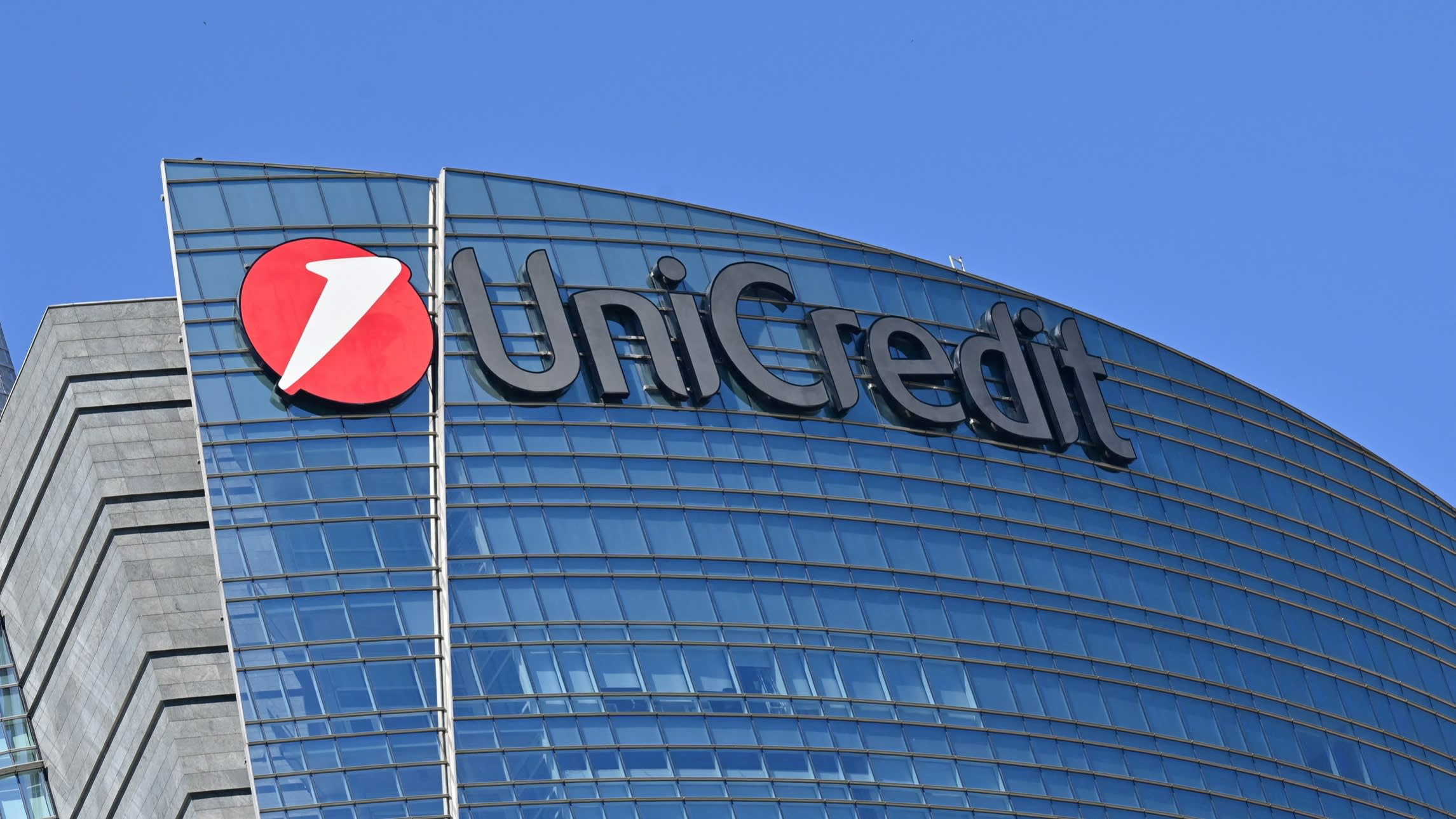


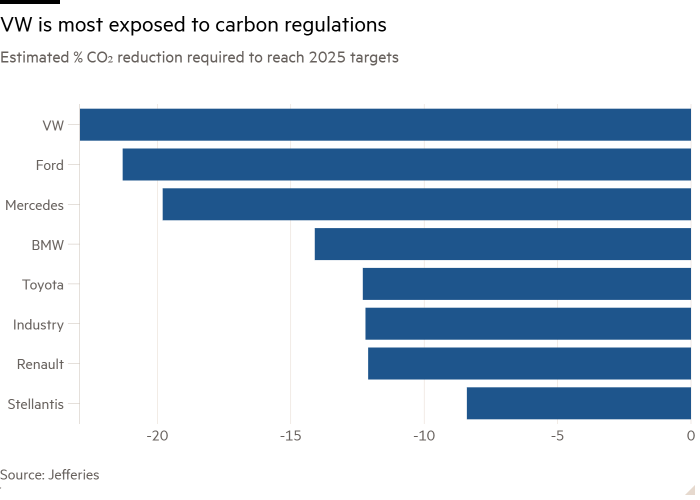

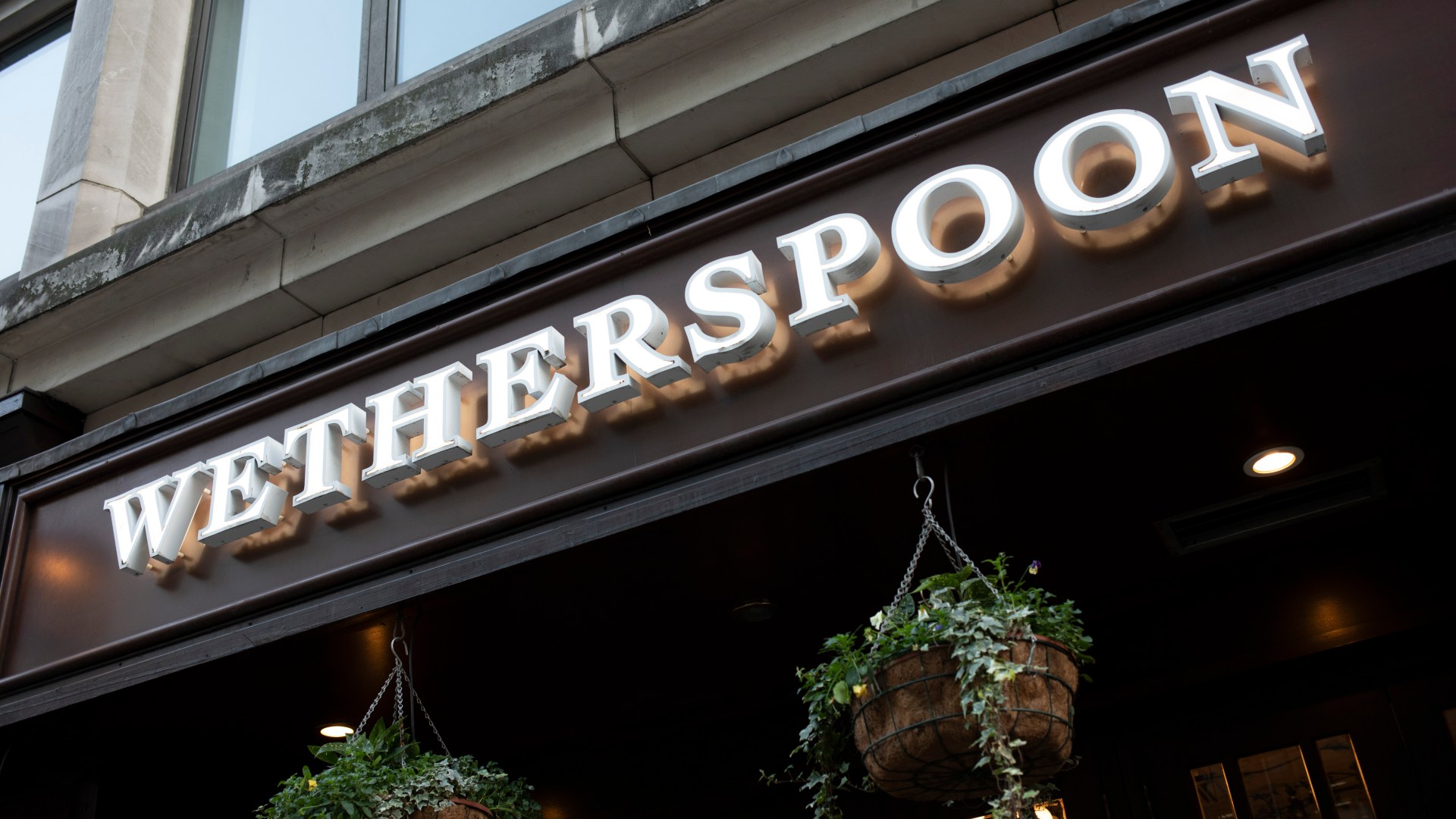




















































































































































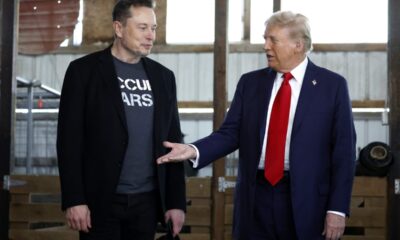





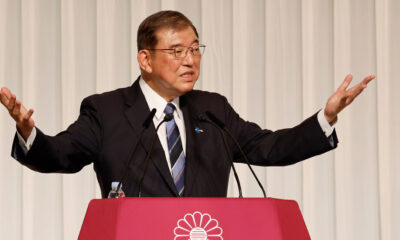





You must be logged in to post a comment Login